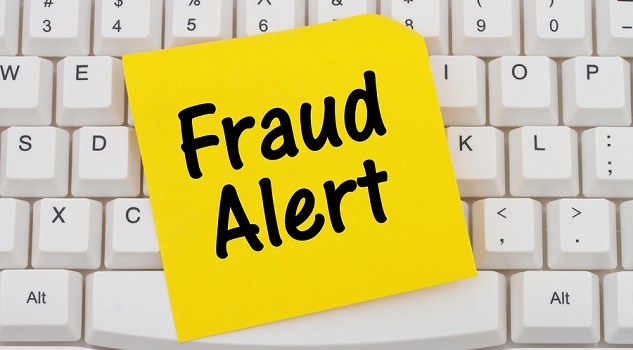A new survey by Xero has revealed that 18 per cent of Australian small businesses have fallen victim to scammers, having lost an average of $15,500 to such scams. The survey of more than 1000 Australian small businesses was released to coincide with the ACCC’s Scams Awareness Week, and looked at their experiences with invoice fraud and investment in cyber security.
Invoice fraud, also known as false billing, involves targeted attacks (like phishing, hacking or ransomware) by cybercriminals to fraudulently request payment from businesses. The survey found that 22 per cent of respondents know of another small business that has encountered cybercriminals sharing fraudulent invoices, with 11 per cent saying their peers were targeted within the past year.
The research also noted that small businesses with five to 19 employees (19 per cent) are more likely than micro-businesses with two to four employees (10 per cent) and sole traders (three per cent) to have been victims of invoice fraud in the past year. Of the respondents who had fallen victim to fraudulent invoices, larger small businesses lost the most with false billing costing the respondents $25,370 on average, while micro-businesses lost an average of $16,160.
“This new data paints a concerning picture of the levels of invoice fraud in Australia, with small businesses of all sizes being targeted,” Joseph Lyons, Managing Director of Xero Australia & Asia, said. “For anyone falling victim, these scams are having a big financial impact.”
While 87 per cent of small businesses say cyber security is important, the report noted that 28 per cent are not spending on protection and awareness against fraud. And when asked if they could identify a fraudulent invoice, only 42 per cent were confident in spotting one. Small businesses in the start-up phase are at the greatest risk, with only 31 per cent saying they are able to able to identify a fraudulent invoice.
In light of such glaring data, there has been a greater push towards the adoption of e-invoicing among small businesses as a way to counteract fraud.
“E-invoicing allows businesses to electronically exchange invoices directly between accounting software systems via the secure Peppol network, so it doesn’t rely on email,” Lyons said. “This process can offer peace of mind that an invoice you are receiving is from a trusted supplier.”
Xero’s research reveals that 78 per cent of small b usinesses are already aware of the benefits of adopting e-invoicing, with 26 per cent noting its ability to minimise the risk of fraud according to the report. Despite this, only 8000 Australian businesses have registered for e-invoicing.
“As we continue on a path to economic recovery, it’s important businesses have the right measures in place to protect and enhance their financial wellbeing,” Lyons said. “Emerging tools like e-invoicing have the potential to create a safer and more effective way to manage invoices and bills, now and into the future. Small business owners should get in touch with their advisor if they want to learn more.”











